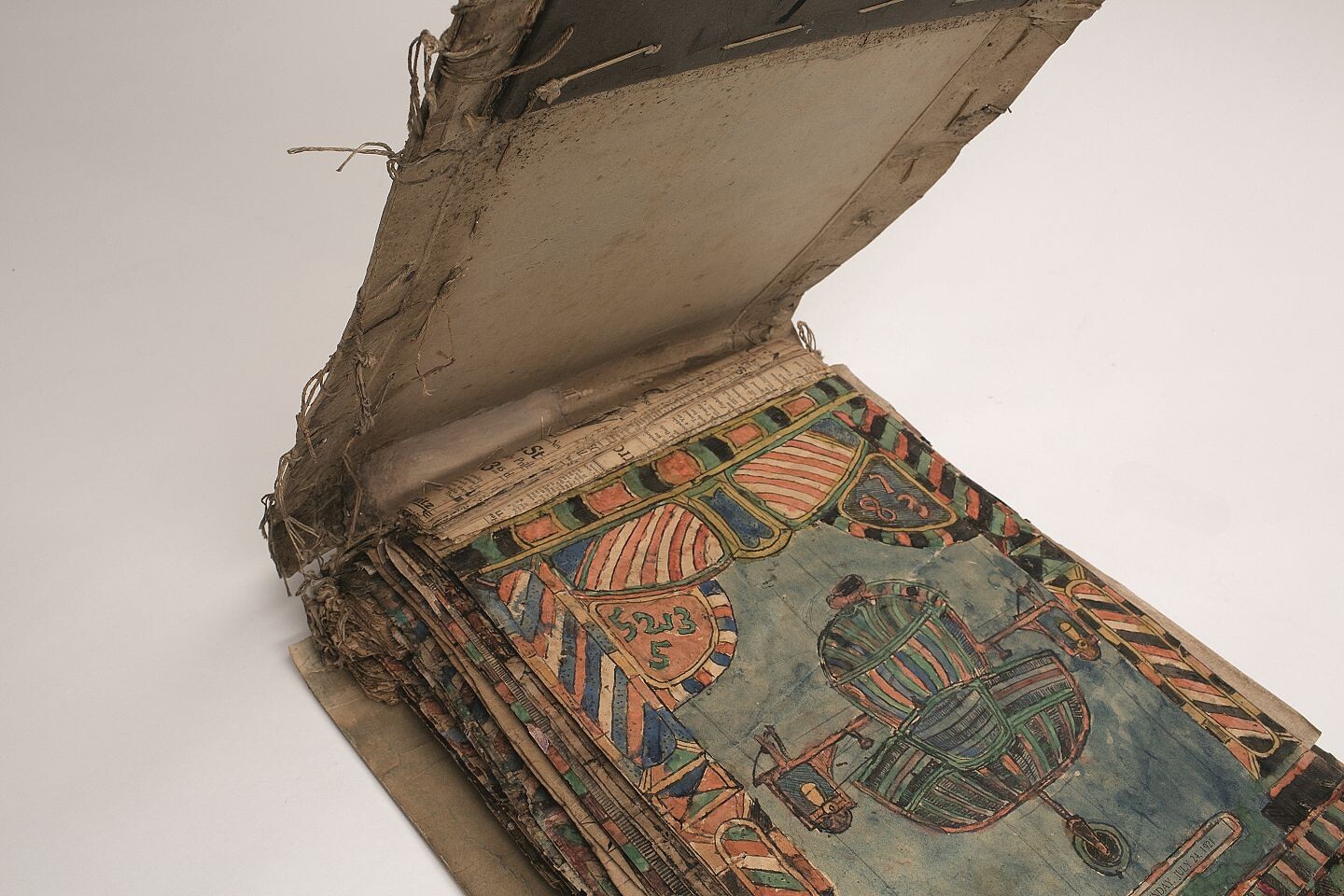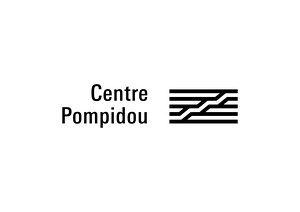Showing/Searching: outsider art and its archival impulse
July 4–11, 2022
Rue Beaubourg
75004 Paris
France
Hours: Monday and Wednesday–Friday 11am–5pm
T +33 1 44 78 46 65
bibliotheque.kandinsky@centrepompidou.fr
In a letter addressed to his friend Jacques Berne on August 3, 1970, Jean Dubuffet wrote: “The entire art brut initiative consisted not necessarily in showing art brut after having defined it, but in searching where art brut might be found, in order to accumulate a documentation that could, perhaps, be able to define it.”
In conjunction with the historical donation that Bruno Decharme—collection abcd has entrusted to Musée national d’art moderne—Centre Pompidou in 2021 and gathering more than 900 major works of art brut, partly shown in the permanent collection, the eighth edition of Bibliothèque Kandinsky Summer University will address the diversity of connecting talent spotters of art brut: therapists, researchers, collectors, artists, gallerists, etc., that have lastingly gathered useful documentations and collections and contributed to the visibility and revaluation of art brut.
The infinite variability in defining art brut or outsider objects invites us to critically address the porosity between the definitions of ”work of art” and “document”: as art objects, they often document the artistic practices and gestures that created them and represent the sole documentary traces of their singularity; as dynamic objects they embody the work of art and the archive at once; last but not least, numerous artists are inhabited by the archival drive and by the encyclopedic, collecting, impulse as Facteur Cheval, Henry Darger or August Walla.
Art brut, outsider art, naive art, popular/folk/vernacular, psychopathological, medium art: the terminological diversity calls for contextual readings of multiple cultural histories of art brut practices, understood on international scale. What are the primary sources for art brut? Writings, drawings, photography, correspondence, analysis report, diagnosis, literary productions, audiovisual reportages, what kind of documentary sources to understand the artistic work of practitioners whose last names or identities are sometimes unknown or sometimes hidden. Are the collections of these “connecting figures” (collectors, gallerists or therapists), who have seen and valued art brut, enough to explain and analyze their histories and biographies? What were, what are, the current methods of historiographical collecting, study and visibility used to build and compile pertinent documentation? What are the challenges of an “against the grain” definition of art brut? During its sessions, the Summer University will explore the long history of art brut practices, starting with pioneer studies of Marcel Réja, Hans Prinzhorn, Jean Dubuffet, Léo Navratil or Roger Cardinal to contemporary studies and creations.
The Bibliothèque Kandinsky Summer University will bring together young researchers, curators and artists around documentary material from the library itself—for some part largely unseen—and give its participants the opportunity to put sources “at work”. It also invites researchers from all horizons to bring up their source material and put it into debate, through historical, creative and critical discussion.
Application procedure
The Bibliothèque Kandinsky’s Summer University is aimed at young fellows (PhD candidates, PhDs, PostDocs or equivalent degree and/or experience): historians, art historians, anthropologists, sociologists, psychoanalysts, psychiatrists, curators, librarians, graphic designers and artists at large.
Application file:
–written proposal (4,500 characters/700 words) either in English or in French, in PDF format.
–CV which should clearly assess the candidate’s language proficiency. In order to apply is important to have a good command in both English and French.
Candidates are expected to bring along a selection of sources used in their research.
The proposal dossier will be sent to: recherche [at] centrepompidou.fr by April 10, 2022.
The proposals will be evaluated by a scientific committee, in charge of drawing up the final Summer University program. The Committee will retain 25 projects.
A participation of EUR 150 will be required from each participant, who will be provided with tuition. The participation will cover transportation on site and institutional entries.
For any inquiry, please write to: recherche [at] centrepompidou.fr, T +33 (0)1 44 78 46 65

